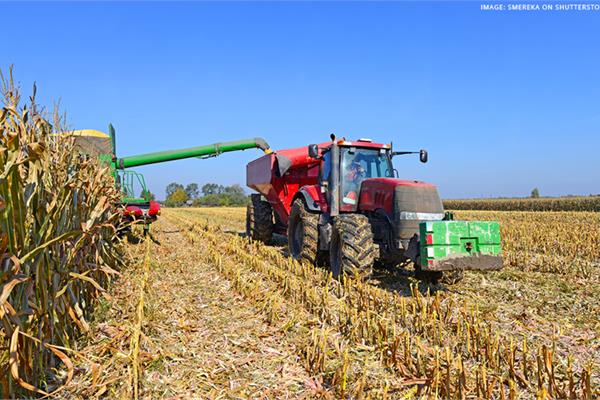
A team of researchers from Italy tested whether a multilayer coating encapsulating a fungicide molecule could be effectively applied to the surface of seeds by means of plasma technology in order to control fungal infection.
Plasma technologies are based on the use of ionized gases, and impact our everyday life with a huge number of applications in the field of microelectronics, polymers, packaging, environment, health and many more. Since these techniques use a minimum amount of chemical reagents and no solvents, they are also considered eco‐friendly.
Plasma technologies are now gaining great attention in agriculture for their multiple applications, especially on seeds and the decontamination of crops. However, little has been published on the plasma deposition of protective coatings on seeds. That is, until now.
A team of Italian researchers published a research which aim is to illustrate how to incorporate prothioconazole, a molecule with fungicide action, in plasma‐deposited polymeric coating, encapsulating maize seeds.
The fungicide composite coating is composed of three layers: a hydrophilic plasma deposited polymeric layer to increase the wettability of the seed surface; a layer of sprayed prothioconazole aqueous solution; and a hydrophobic plasma deposited barrier layer to limit leaching and mimic the natural seed wettability. The application of the composite coating is found not to interfere with the germination of the seeds, while the percentage of maize crowns infected by Fusarium graminearum was successfully reduced from 94% in the control to none in the coated seeds.
The positive results demonstrated in the study have confirmed the potential of this approach, which is very promising since technological improvements can certainly be foreseen.
Further studies are certainly needed to confirm this hypothesis, and the structure of the tri-layer coating could be further optimized. "In any case, we believe to have shown once more the potential of plasma technology in agriculture, in particular for controlling fungal infections on seeds" according to team member Chiara Lo Porto.